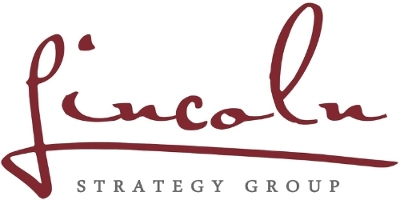Millennials, those born between 1980 and 2000, are the generation currently closely associated with connectivity. Perhaps more often than anything else, young people are chastised for being too absorbed in their cell phones to take note of the world around them. Understandably, some people have expressed concern about placing the future of business into the hands of a generation so closely tied to negative stereotypes.
But in a twist of fate, the generation that has been called the most selfish and entitled might be the exact cohort we want running businesses. Millennials are far and away the most socially responsible generation in existence right now.
Surveys by Nielsen indicate that 73% of global millennials would be willing to pay more money for a brand that prioritizes corporate social responsibility. This puts pressure on businesses around the world to not only offer competitive prices, but to do so sustainably. As millennials (and others concerned with CSR) continue to put pressure on businesses worldwide to adhere to sustainable and socially responsible practices, businesses will be forced to adapt to the changing public prioritization.
The heart of this change in business won’t come just through public pressures, it will come through changes in leadership. Millennials, currently falling between the ages of 16 and 36, are not longer just consumers. Quickly, more and more millennials are stepping into leadership roles in businesses large and small all over the world. Today’s 40 under 40 lists no longer just represent up-and-comers in business, they’re now rife with millennials in positions of business leadership. The members of that list and those like it showcase the talented millennials that are already changing the face of business with a mindset that differs greatly from that of older generations.
The millennials forging that transition into a socially responsible business model can also look forward to seeing benefits that extend beyond doing good for good’s sake. Businesses reap palpable rewards by increasing their level of social responsibility. Organizations that prioritize sustainability see their profits and efficiency increase while overhead costs and employee turnover drops. Socially responsible practices aren’t just good for humanity or the environment, they’re good for businesses and communities. By building businesses and modeling strategies with corporate social responsibility in mind, the future of the millennial-run business is primed to be a socially, morally, ethically and financially dominant one.
The penchant for millennials to put weight into social and ethically responsible business practices are effectively setting the stage for a socially responsible future. If businesses and business leaders are able to accept the benefits of engaging in socially responsible behavior–benefits that include increased profits and a stronger economic contribution on top of sustainability–the future of humankind looks to be bright.
